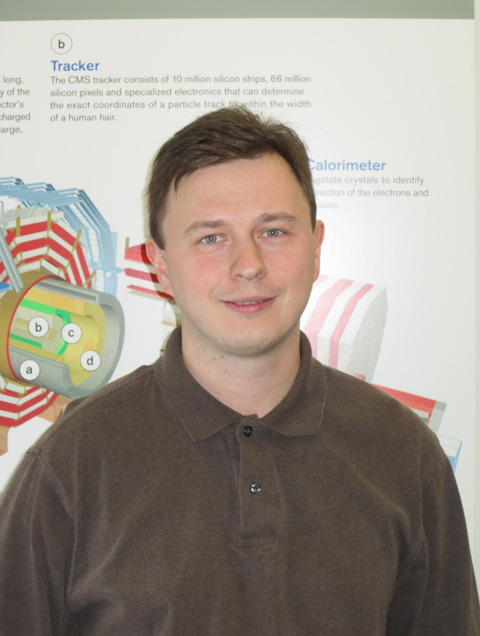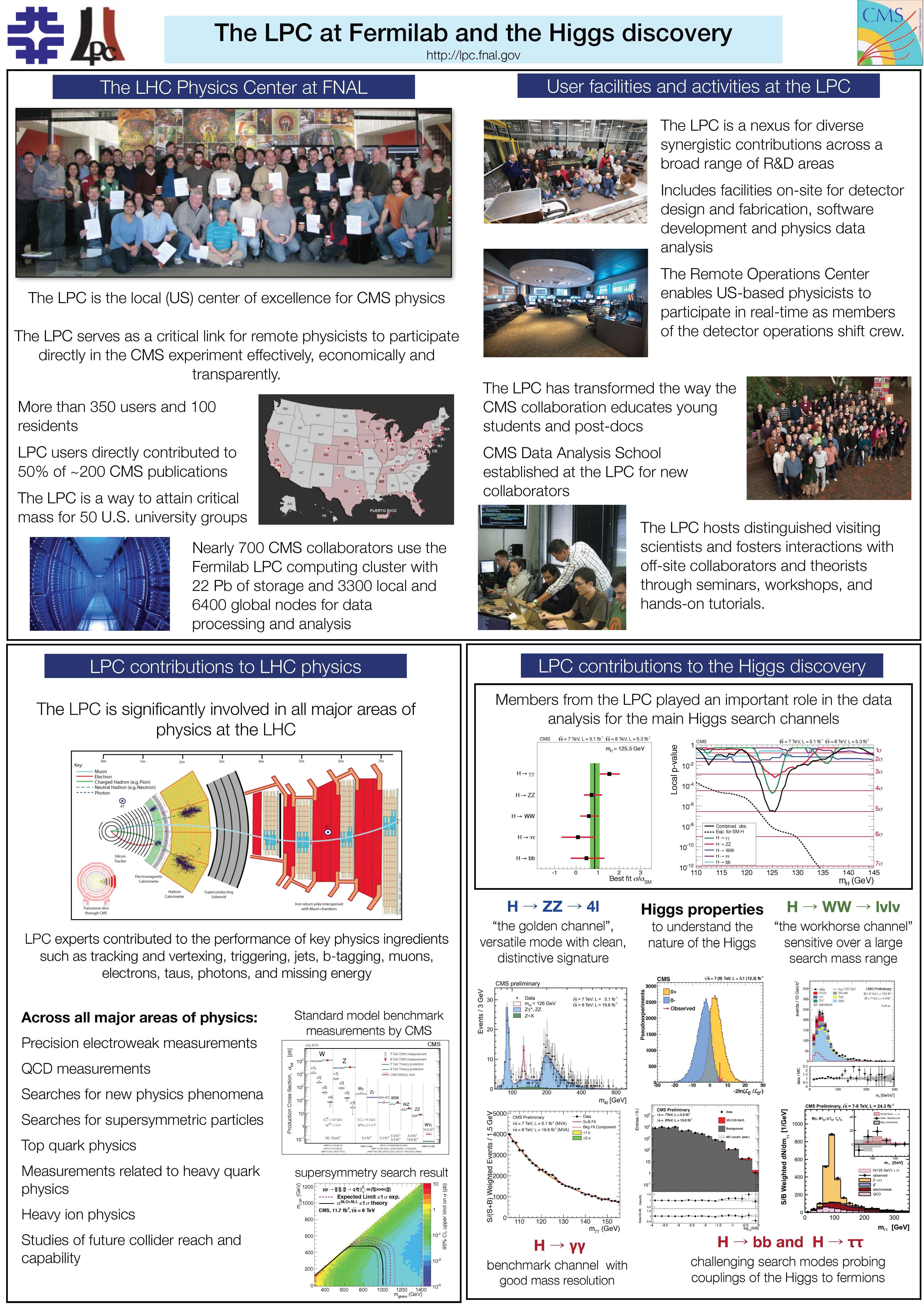LPC Fellows

Name:
Alexey Ferapontov
Email:
Personal web link:
N/A
What I will be working on:
As an LPC Fellow, I will continue searches for exotic processes that are not predicted by the standard model. I plan to still be active in the Trigger Studies Group (TSG) and develop triggers for the new phenomena searches and validate High-Level Trigger (HLT) menus. I will also serve as an Exotica MC contact person and provide advise to Exotica group members on any MC-related questions.
My role in CMS:
I joined the CMS collaboration as a Brown University Research Associate in May 2009. I am an active member of the TSG, in which I am responsible for (i) HLT paths development and tests, (ii) HLT menus validation, (iii) weekly checks of the online trigger farms core files and Error Stream events associated with them. Many times my studies allowed me to find imperfections in the HLT paths' implementation, leading to substantial improvements in the HLT menu and to a more efficient data taking, maintaining a very high quality of the CMS data.
In September 2009 I joined the CMS Exotica physics group, where I got interested in searches for physics beyond the SM that manifests in jets in the final state. I co-developed the data-driven method of estimating the QCD backgrounds directly from data, which is based on empirical observation that the shape of the S_T distribution (a linear sum of pT's of all the objects in the final state, including missing transverse energy) is independent of the final state multiplicity.
The data-driven method development was part of the first dedicated search for microscopic black holes at particle colliders. These black holes are consequences of the strengthened gravitational field, that propagates in large extra dimensions (ADD model). I co-led this most extensive search and set stringent limits on production of black holes. Currently, I also participate in a search for pair production of color octet particles resulting in 8 jet final state.
In February 2009 I have been appointed as an Exotica physics group MC contact person. My responsibility is to establish a strong link between the group members' needs in signal samples and the availability of these samples for analyses. These efforts have led to many Exotica group results being in time for major conferences and, subsequently, to a large number of publications in the past three years.
